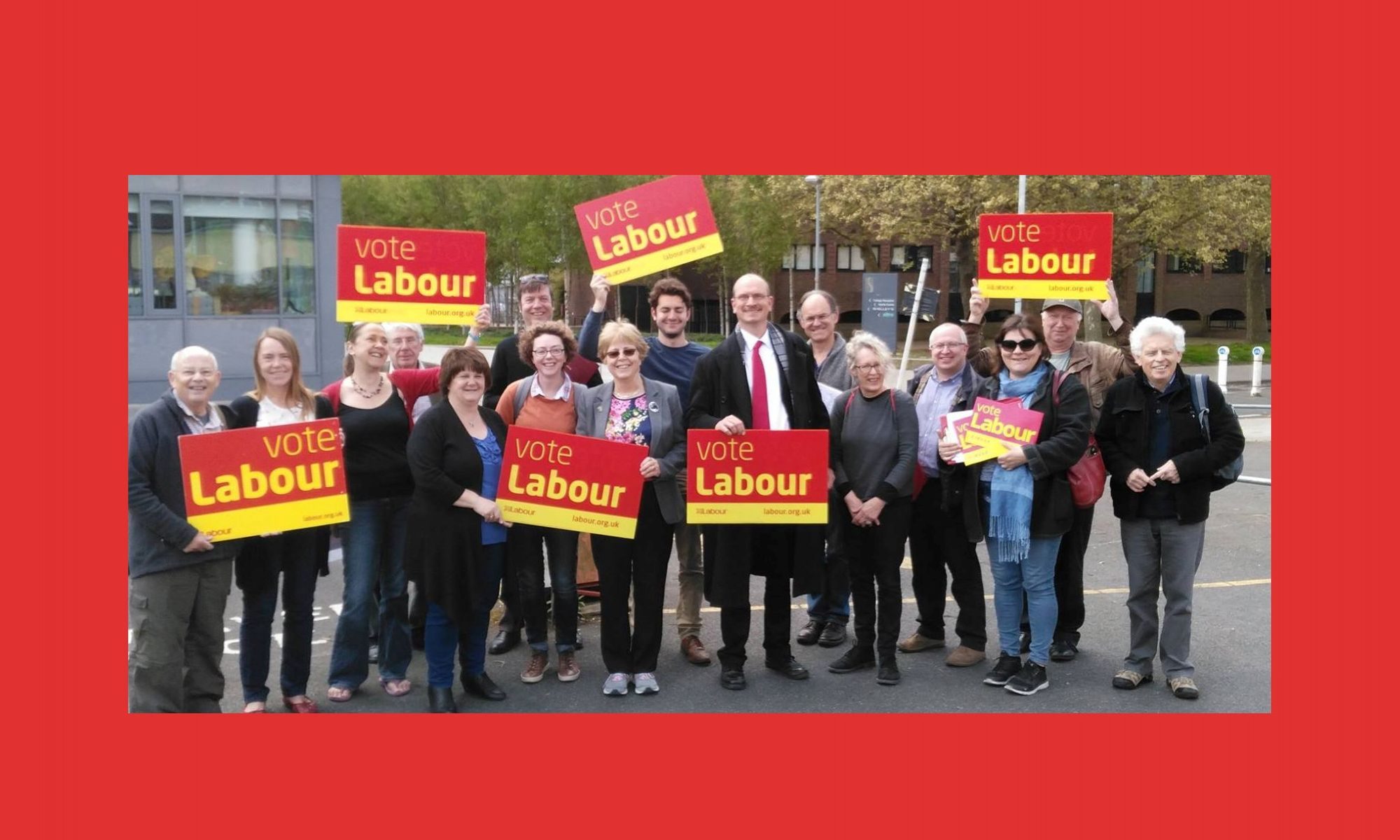One message which persuaded people to vote “Leave” in 2016 was the promise of £350 million per week extra for the National Health Service, painted across Boris’s campaign bus, rather than paying our EU subs. It was an outright lie – it never cost us £350 million per week to be a member of the EU. Remain campaigners pointed that out, but lies repeated often enough can win people over.
It has proven to be untrue for two other reasons too. Firstly, the value of the pound has already fallen enough to make more than £350 million a week’s worth of difference to our economy. The people who suffer are those whose earnings may not have fallen in face-value, but who definitely can’t afford to buy as much with that money as they used to – and of course their taxes are worth less too.
Secondly, the money we pay to the EU actually buys us things – regulations, unfettered trade in Europe, trade agreements with other big countries, environmental protection and so on. These things will cost us just as much – if not more – to do for ourselves as to do them collectively with our European partners.
Now, the Prime Minister’s Withdrawal Agreement would leave us paying almost as much to the EU after we have left as we would have done if we stayed – so the money, whatever there was, would not be available anyway.
But we should be spending more on the NHS, and Labour has consistently called for more investment, especially in our nurses and other medical staff. There are 42,000 vacant nursing posts across the UK – we haven’t got enough trained nurses. Hospitals buy in agency nurses to fill the gaps at enormous financial cost and risk to consistency. Since 2010 we have 12% fewer mental health nurses, 40% fewer learning disability nurses, 25% fewer school nurses and 45% fewer district nurses.
It is time England made a massive effort to train more young people in nursing. All the professionals are agreed that a full Higher Education nursing course – such as the one offered at University of Suffolk – is by far the best way for young people to train as nurses. But it is no wonder so many of them are put off.
The Conservatives abolished nursing bursaries in England to “save” £1.2 billion. But £1.2 billion won’t go very far in the NHS, especially when they are paying extra for agency nurses. Far more important is to have enough staff to do the job properly. (In Scotland and Wales they still pay bursaries to student nurses, and so they don’t have the same nursing crisis.)
On Wednesday, student nurses from across England converged on Parliament for a debate about increasing training numbers. I met a young Ipswich woman in her third year studying at the University and gaining her experience in Ipswich Hospital. She told me of the financial struggle to survive the course – and she started before the bursaries were abolished. Younger students who have no bursary regularly drop out of their courses. Most student nurses can’t get a part-time job to earn money – their hours vary and many weeks they do 37 hours of practical nursing as well as all their theoretical studies.
And it’s not just nursing bursaries that need to be re-introduced. There are far too few training places in health, and have been since 2010. Conservative cuts led to 8,000 fewer nurses being trained in the past 8 years. Because there are fewer young nurses coming into the profession, the average age of nurses has gone up – 1 in 3 current nurses are expected to retire in the next 10 years. And the stress caused by staff shortages is prompting nurses to retire early.
The Government says it has a “Long Term Plan” coming up. If it does, then it is long overdue – we need action now. Bursaries must be re-introduced, enough to enable students to survive the course. The government needs to invest in supporting and expanding existing nursing courses, and in setting up additional ones. Nurses must be paid enough to prevent them from leaving the profession. And the Government needs to talk to the Royal College of Nursing about the swiftest and most effective way to bring all this about.
We need our NHS, but it can’t survive without nurses. It’s about time nursing was the respected and properly-paid profession that young people aspire to. The Government can achieve that, but it’s going to have to pay for it.
